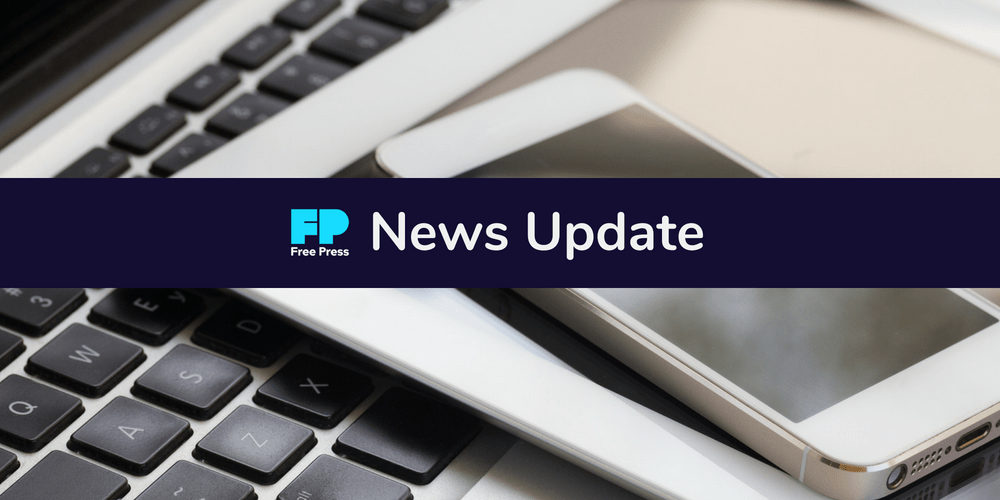House Democrats' Internet for All Act Takes Giant Strides Toward Closing the Digital Divide

WASHINGTON — On Wednesday, Rep. James Clyburn (D–South Carolina) unveiled the Accessible, Affordable Internet for All Act, which sets out the broadband-internet portions of the House majority’s comprehensive infrastructure package released earlier this week in the Moving Forward Act.
Rep. Clyburn’s bill is the product of his task force, which has been working on broadband issues during this Congress in coordination with Energy and Commerce Committee Chairman Frank Pallone (D–New Jersey) and Communications and Technology Subcommittee Chairman Mike Doyle (D–Pennsylvania). It was spurred by Speaker Nancy Pelosi’s prioritization of broadband access and equity as a centerpiece of House Democrats’ infrastructure proposals. The bill contains a mix of innovative new broadband-financing ideas and important legislative proposals from both committee members and other House members, including Reps. Marc Veasey (D–Texas), G.K. Butterfield (D–North Carolina), Jerry McNerney (D–California), and Anna Eshoo (D–California).
The House could move the infrastructure bill to a floor vote in the coming weeks and send it to the Senate, which has yet to take up the HEROES Act that passed the House last month and contains some of the same broadband benefits and affordability provisions.
Last week, Republican leaders of the Senate Commerce Committee and the House Energy and Commerce Committee committed to at least begin work on a legislative framework “establishing programs for individuals and families experiencing economic hardship as a result of the COVID-19 pandemic” and “expanding broadband access and digital opportunity” in communities of color.
Free Press Action Vice President of Policy and General Counsel Matt Wood made the following statement:
“The Accessible, Affordable Internet for All Act is a landmark achievement, thanks to Representative Clyburn’s leadership, Speaker Pelosi’s commitment to closing the digital divide, and the compendium of great ideas flowing into this legislation from Energy and Commerce Committee leaders.
“While the innovative deployment and financing strategies designed to spur broadband buildout will rightly get a lot of attention, Free Press Action is especially grateful for the digital-equity, affordability and pricing-transparency provisions that are so essential to getting everyone online.
“Bridging the digital divide means recognizing that the vast majority of people disconnected today are offline because they can’t afford the high price of internet services in their communities. This affordability gap disproportionately impacts Black and Brown people, poorer communities, elderly populations and other groups at the intersections of systemic discrimination. They are the very same people and communities hardest hit by the COVID-19 pandemic, the economic hardships it has exacerbated and the digital divides it has deepened.
“The Clyburn bill contains truly progressive broadband-adoption supports and investments, mirrored in the HEROES Act and elsewhere. These provisions would offer people who cannot easily afford a connection up to $50 per month for the broadband service of their choosing.
“The bill also requires long-overdue collection of broadband-pricing data so that we can finally assess what people are paying for broadband, and understand where and when they’re priced out of this essential service. And it includes a host of important initiatives to invest in digital equity and inclusion, free up communities and local municipalities to consider building their own broadband networks and end many of the Trump FCC’s relentless attacks on the Lifeline program.
“Free Press Action looks forward to continued work with members on both sides of the aisle to make these kinds of smart public investments in broadband affordability and choice the law of the land. These investments couldn’t be more urgent: The COVID-19 crisis has illuminated internet-access and adoption injustices that policymakers have been all too reluctant to address until now.”